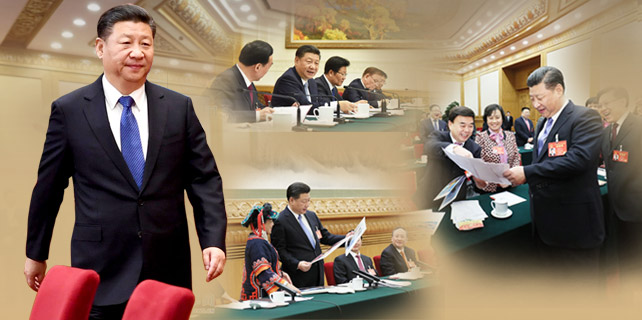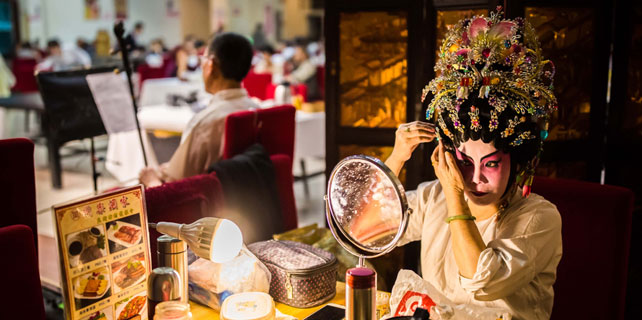Nation prepared to play larger role in global system
As China plays a larger role on the global stage, the two sessions are becoming increasingly significant internationally, according to a senior academic in London.
Erik Berglof, director of the London School of Economics' Institute of Global Affairs, said China's domestic reform and its championing of free trade and globalization set the scene for this year's legislative meetings.
|
 |
|
Erik Berglof, director of the London School of Economics' Institute of Global Affairs |
"Chinese leaders need to do much more to take into account the international implications of domestic decisions," he said. "China is an important part of the global economic system. It cannot stand on the sidelines."
He referred to projects such as the Asian Infrastructure Investment Bank and the Belt and Road Initiative as important examples of the nation's aspiration to encourage global growth and development.
Meanwhile, China's domestic issues, such as the need to trim excess capacity from its heavy manufacturing sector and the rising debt levels, need to be dealt with because "those issues will have ramifications, not just for China, but also for the rest of the world".
Berglof, who formerly worked as chief economist and special adviser to the president of the European Bank for Reconstruction and Development, said the AIIB is an encouraging initiative, especially in setting a precedent to show that developing economies can take a leading role in establishing a multinational development bank.
"The AIIB is innovative in the way it came about," he said. "It is an initiative by an emerging economy, and it was built from a lot of learning from other institutions. It has attracted plenty of staff from other international financial institutions quickly."
He said it is also important for China to consider how to involve other countries and institutions in its projects, rather than trying to achieve objectives alone.
According to Berglof, China will have to play an increasingly important role in upholding the rules of global institutions such as the World Trade Organization because the United States under President Donald Trump is questioning their legitimacy.
















